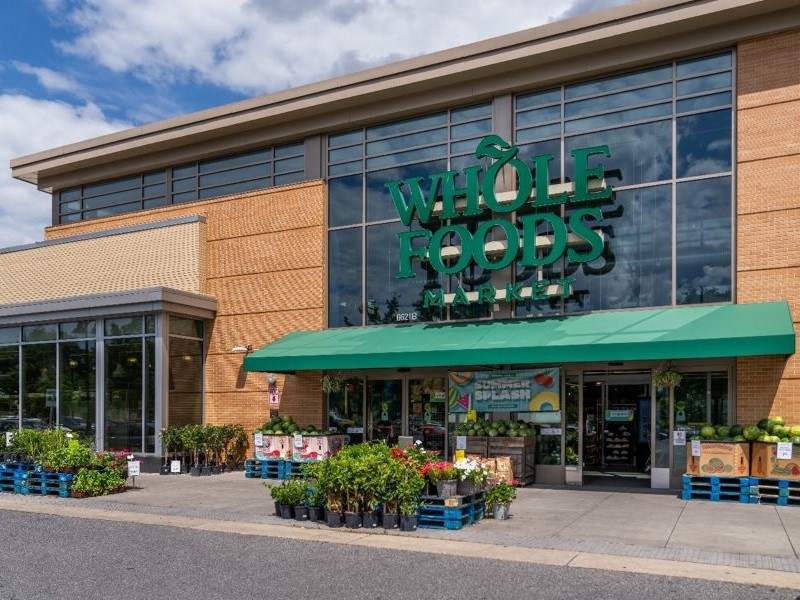ULI, PwC Preview 2016’s Top Trends
Small-business job growth, the rise of 18-hour cities and evolving offices lead the list, according to the "Emerging Trends" report.
By Keith Loria, Contributing Editor
The Urban Land Institute and PwC US have released “The Emerging Trends in Real Estate 2016,” report, which ranks small-business job growth, the rise of 18-hour cities and evolving offices as among real estate’s top trends.
The report notes that 46 percent of new job growth over the last two years has occurred in firms that employ less than 50 workers. That is five times as much than job growth as in companies that employ more than 1,000 people.
At this year’s ULI Fall Meeting, Andy Warren, PwC’s director of real estate research and co–principal author of the report, observed that this trend is happening in the kinds of office spaces that office clients are seeking from real estate developers as well as in a new and agile approach to parking that reflects an increasingly mobile and remote workforce.
“The office is a barometer of change. We can consider it a petri dish for how things are going in the market [generally],” he said during his presentation. “Not only is private space for individual workers shrinking and the demand for open, collaborative, and flex spaces growing, but the lack of new office construction in recent years and the need to retrofit existing office stock for today’s commercial tenants are presenting tremendous opportunities for the real estate sector. The potential for office development is high.”
Millennials are gravitating towards 18-hour cities, the report revealed, due to increased job opportunities, urban lifestyles and amenities, and more affordable and safe places to live. Among the markets the report identified to watch include Atlanta, Dallas/Fort Worth, Charlotte, Nashville, and Portland, Oregon.
The report also listed other noteworthy trends to keep an eye on, including a reconsideration of suburbs as attractive and affordable places to live—particularly those that mimic the dense, transit-oriented and walkable downtowns of major cities; and food, which is emerging as a major driver of real estate decision-making, since consumers are demanding innovative delivery systems and infrastructure that support urban agriculture and equitable access to healthy, fresh food.
For 36 years, the Emerging Trends report has reflected insights gained from interviews and surveys of more than 1,800 leading real estate experts, including investors, fund managers, developers, principals of property companies, and other real estate professionals.






